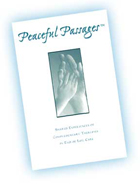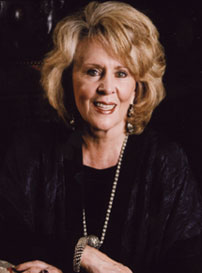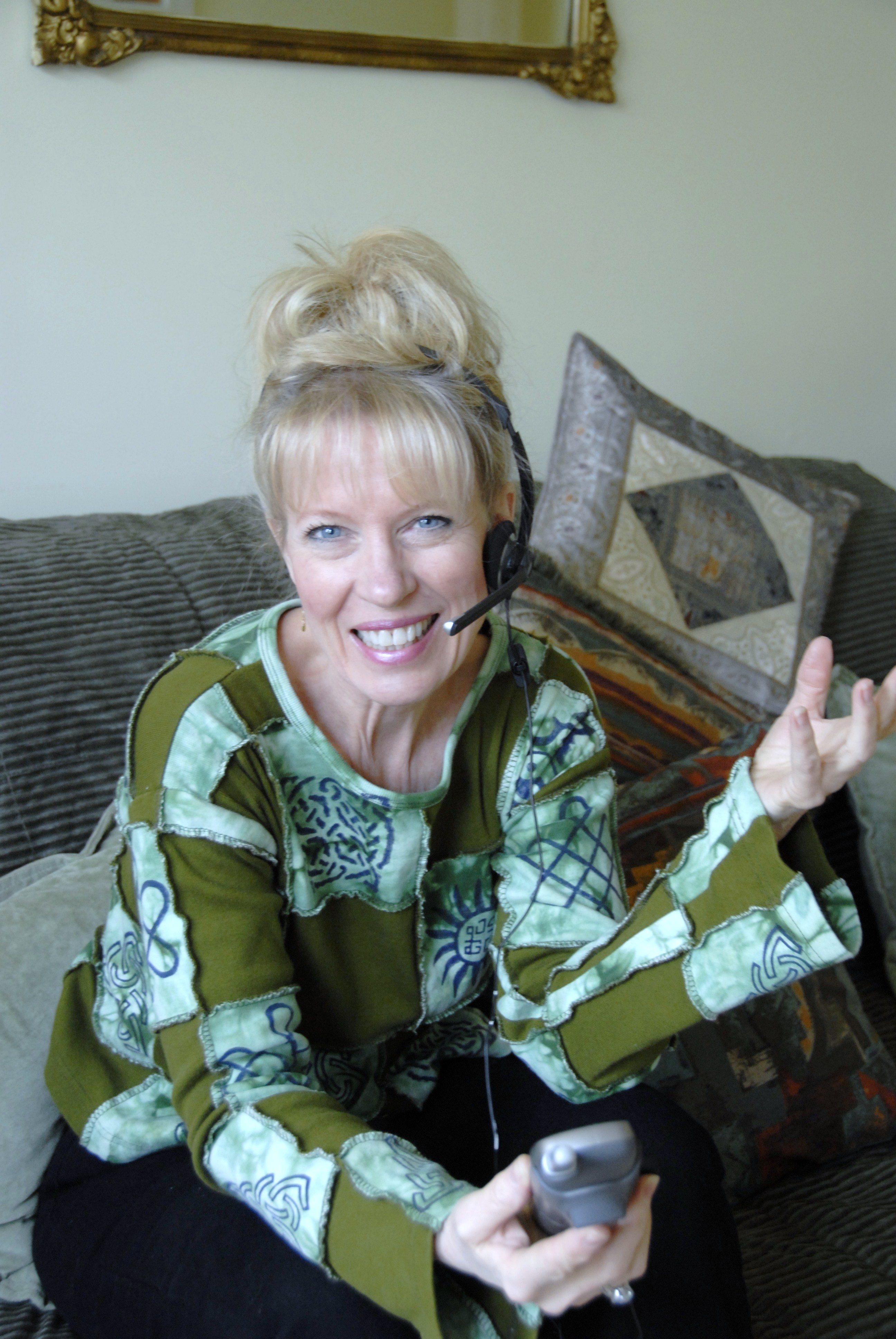She is named after her birthplace, Florence, Grand Duchy of Tuscany (Italy).
Her father tutored her in mathmatics and statistics.
She did a statistical analysis of sanitation in India.
Was the first female to be elected to Royal Statistical Society.
Defied her extremely wealthy family and upper class conventions in choosing to become a nurse in 1845.
Most famous for her care of soldiers during the Crimean War, Nightingale entered Turkey in 1854 with 38 nurses she personally trained.
Nightingale's first evidence-based practice research involved collecting evidence that poor living conditions were the cause of most soldier deaths during the Crimean War.
The Times of London named Nightingale "the lady with the lamp."
The U.S. government consulted Nightingale on setting up military hospitals during the Civil War.
Because she was a woman she could not serve on the British Royal Commission on the Health of the Army even though she played a critical role in its formation.
What is now the Florence Nightingale School of Nursing and Midwifery, part of King's College London, was established by her to train nurses in 1860.
Notes on Nursing also sold well as a popular book in the 1860s.
In 1867, poet Henry Longfellow's poem "Santa Filomena" further ensured Nightingale's image with the lines, "Lo! In that hour of misery A lady with a lamp I see Pass through the glimmering gloom."
In the 1870s, Nightingale trained Linda Richards, the first formally trained American nurse.



















































